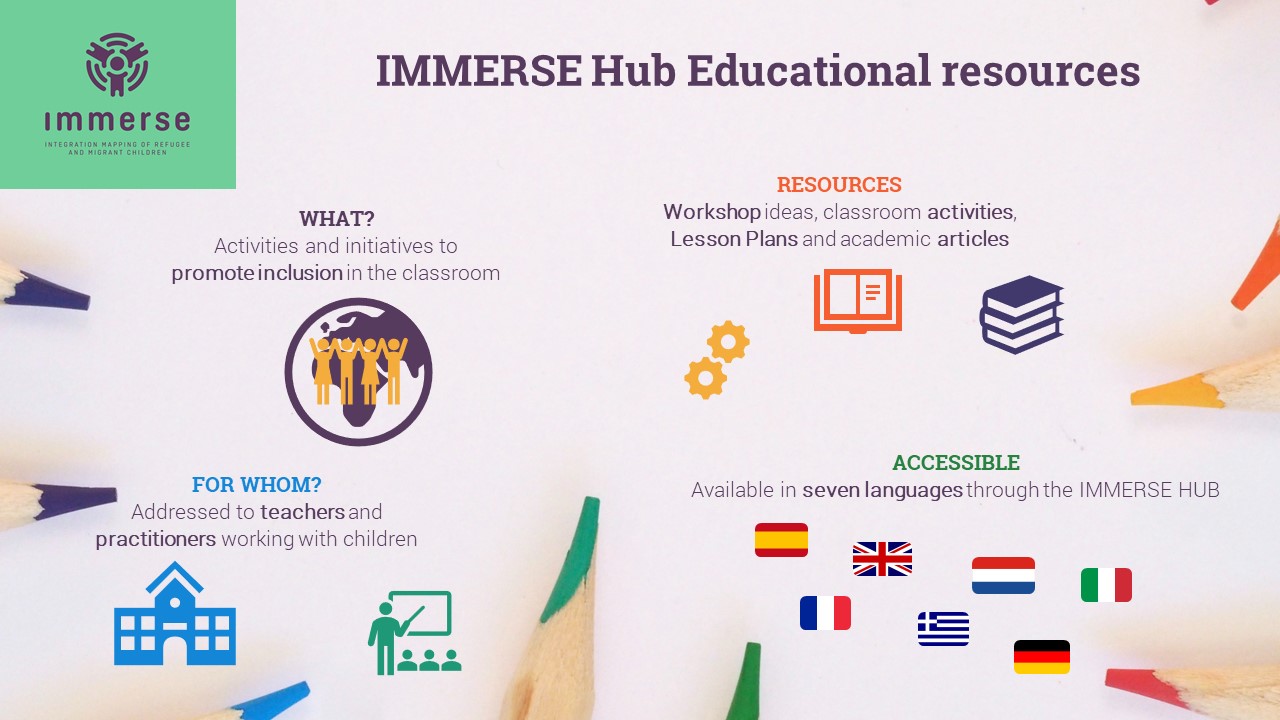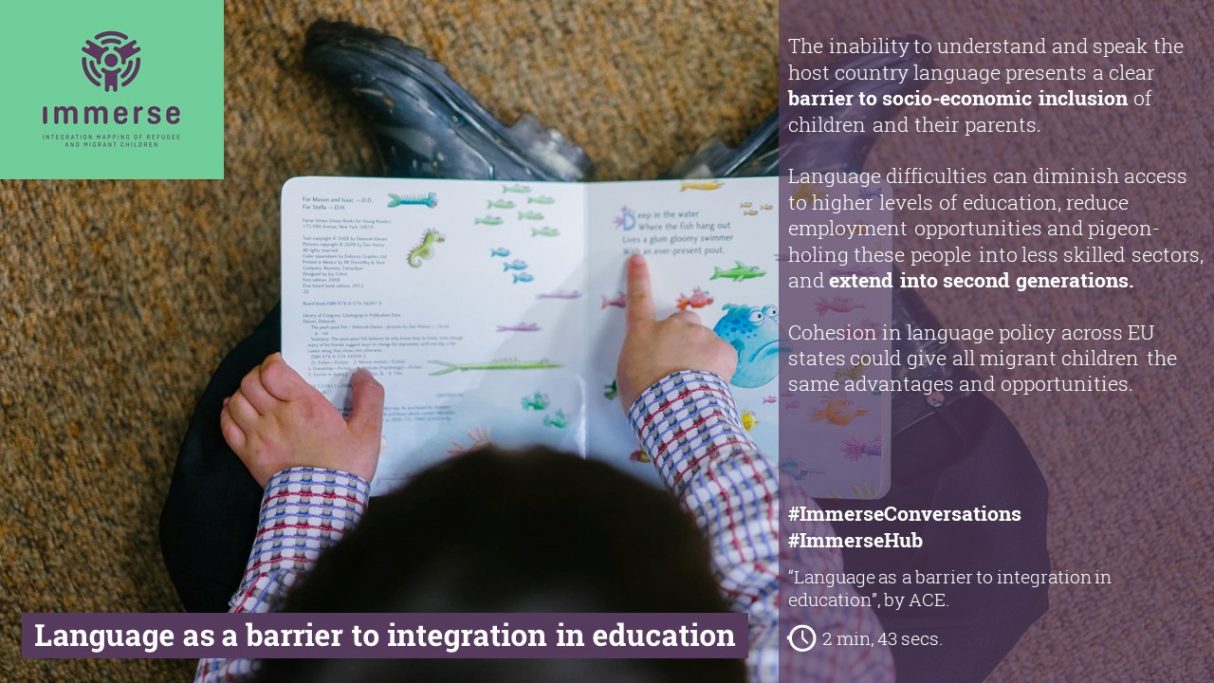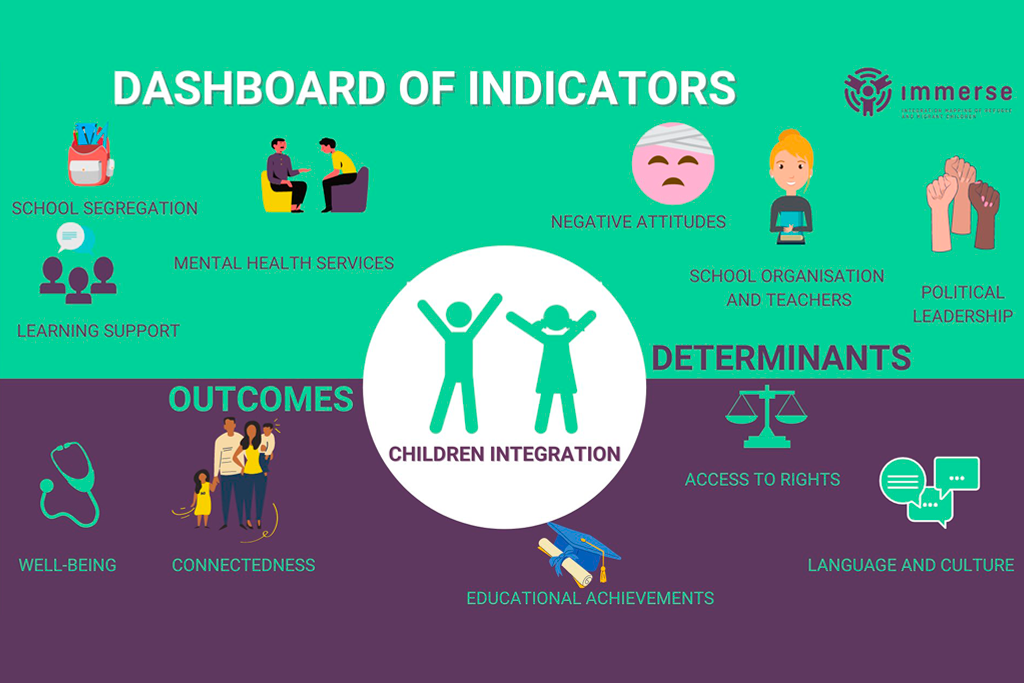Description
This report explores the progress made towards the long-term goal of ensuring that European education systems are atuned to diversity. Its starting point is that adapting the full spectrum of eduction systems to diversity must be part of a broader, societal project that both re-evaluates existing processes and systems and reshapes the role of educational institutions as integration actors.
- Access to compulsory education
- Access to health care
- Children complete compulsory education
- Children remain in (formal) education beyond compulsory levels / Access to (formal) non-compulsory education
- Children's academic skills
- Children's life satisfaction / happiness
- Children's sense of belonging
- Institutions
- Teachers
- Types & levels of (formal) non-compulsory education attended



